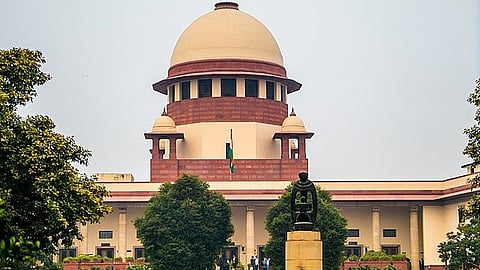The Bench suggested that curbing certain developmental activities, such as large housing projects, could help reduce waste production. It warned that the gap of 3,000 tonnes of untreated waste was likely to widen over time unless immediate action was taken.
The Delhi government acknowledged that its jurisdiction produces 11,000 tonnes of waste daily but can process only 8,000 tonnes. While it announced plans to bridge the gap through biomining by mid-2027, the court questioned whether this timeline was realistic given the growing waste load.
GRAP Measures Fall Short
The court compared GRAP-IV restrictions to reactive measures taken only after a crisis had already escalated. It stressed that these measures addressed the symptoms rather than the root causes of Delhi’s pollution crisis.
The Commission for Air Quality Management, represented by Additional Solicitor General Aishwarya Bhati, informed the court that GRAP-IV restrictions had been reintroduced due to a sharp rise in pollution levels. However, the court emphasized the need for preventive strategies instead of relying solely on emergency actions.
Court Demands Accountability and Action
Justice Oka instructed the Delhi Chief Secretary to provide a detailed affidavit outlining the number of landfill fires in the past year and the preventive measures implemented. The court highlighted the urgency of mitigating the risks posed by untreated waste, which could lead to fires, pollution, and health hazards.
Relief for Workers Affected by GRAP-IV
Acknowledging the plight of workers affected by GRAP-IV restrictions, the court directed NCR States to provide subsistence allowances to those deprived of their livelihoods. It clarified that the lack of worker registration should not prevent them from receiving financial support and suggested using labour cess funds for this purpose.
Call for Collaborative Solutions
The court urged the Delhi government and MCD to work together on long-term strategies to manage solid waste more effectively. It emphasized that immediate action was necessary to prevent the crisis from worsening and warned that unchecked developmental activities would only exacerbate the problem.
(Input from various sources)
(Rehash/Dr. Sreelekshmi P/MSM)


